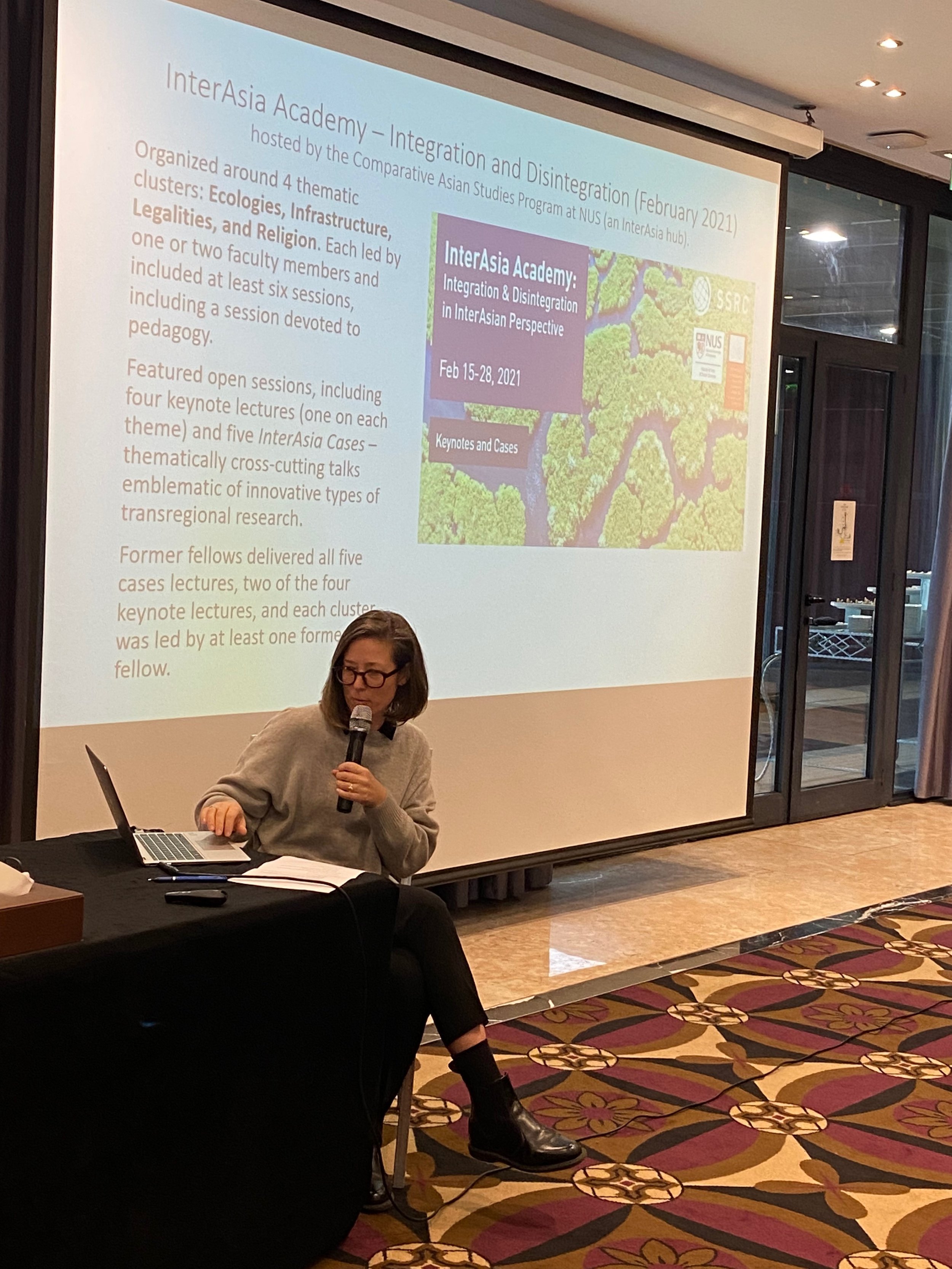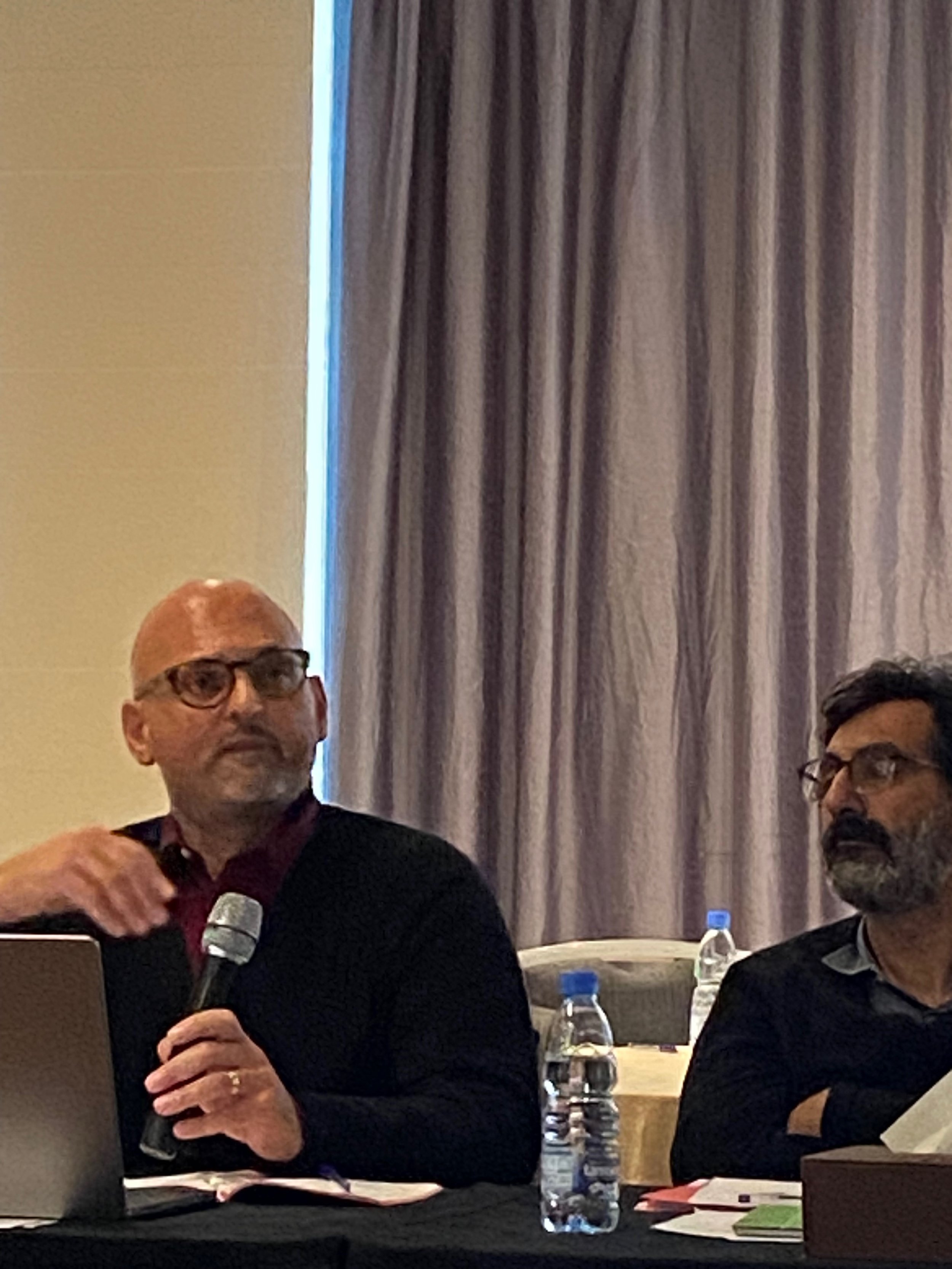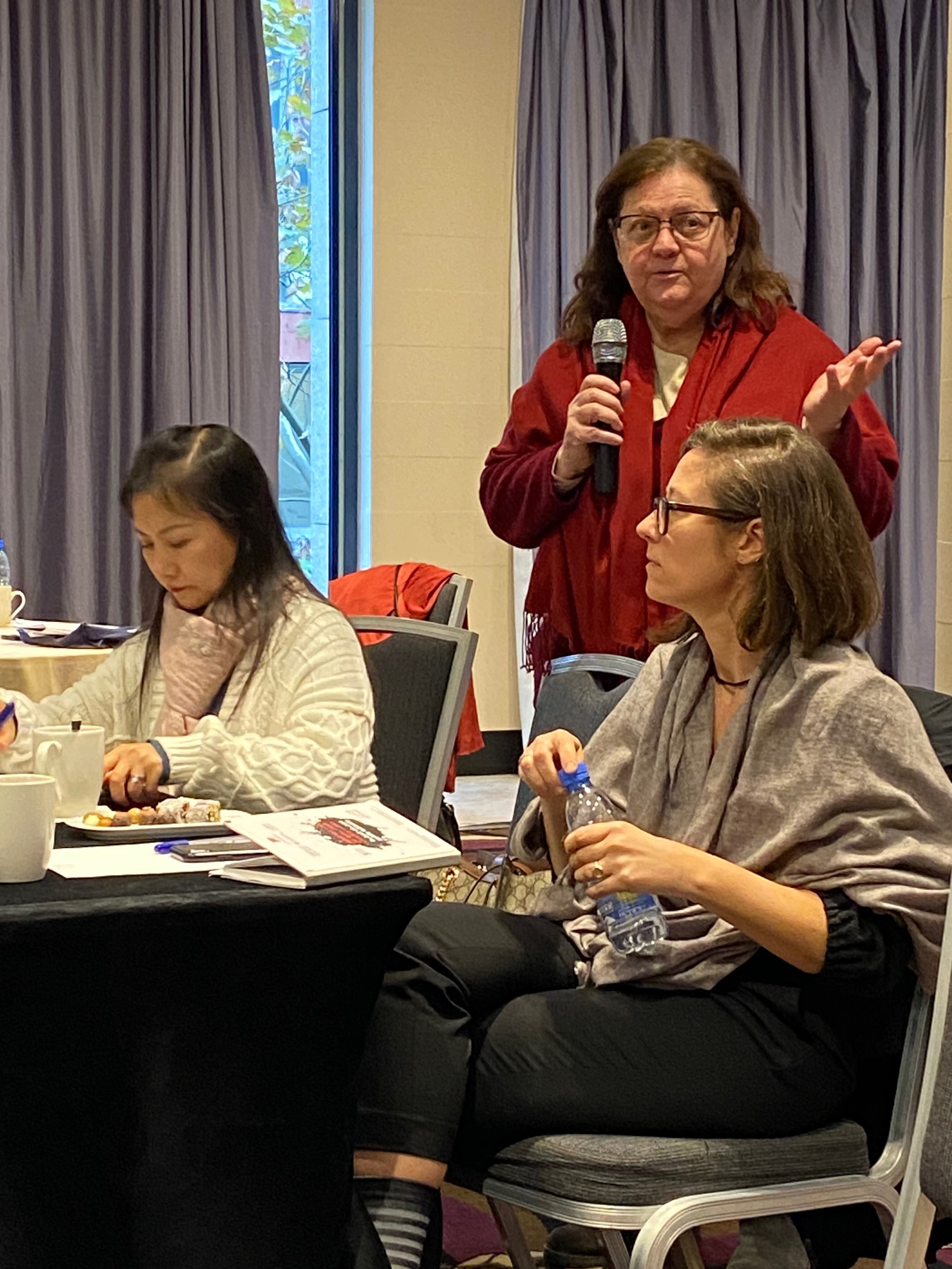Beirut workshop 14th - 15th January 2023. News update
Mapping Connections: China and Contemporary Development in the Middle East: Beirut workshop hosted by the University of Exeter and the Arab Council for the Social Sciences (ACSS), 14th - 15th January 2023.
Mapping Connections: China and Contemporary Development in the Middle East:
Beirut workshop hosted by the University of Exeter and the Arab Council for the Social Sciences (ACSS), 14th - 15th January 2023.
We are pleased to announce the success of our first in-person workshop for the project, convened in Beirut, Lebanon, 14th-15th January 2023. The workshop gave our team of Early Career Researchers (ECRs) a chance to present their work in progress, and meet and work directly with our project Advisory Board.
In addition to our project team, we welcomed a panel of guest participants who contributed greatly to our discussion of the ECR draft working papers. These guests included; Mohammed al-Sudairi (King Faisal Center for Research and Islamic Studies), Shaojin Chai (University of Sharjah), Holly Danzeisen (InterAsia), Shulei Hu (Tsinghua University), Jeremy Kingsley (InterAsia), Marwan Kraidy (Northwestern/Qatar), Tim Niblock (Tsinghua University), Yuting Wang (American University of Sharjah), Jiayi Zhu (Tsinghua University), and Rafeef Ziadah (Kings College London). Organisation of the workshop was supported by the Arab Council for the Social Sciences (ACSS).
The Mapping Connections project supports and mentors Early Career Researchers working on various aspects of the Middle East’s evolving relationship with China. In addition to creating new knowledge about China and the Middle East, the project seeks to strengthen academic collaboration between scholars working in (and on) the Middle East and China.
Yuting Wang commented, “This group brings some very interesting dynamic and diverse topics to the table. These bigger issues like geopolitical analysis, oil and energy, combined with some other micro level transactions such as food, migrants, merchants and traders, combine to showcase the diversity of interaction between these regions”
For more details on the ECRs and the project team, please see the following link













